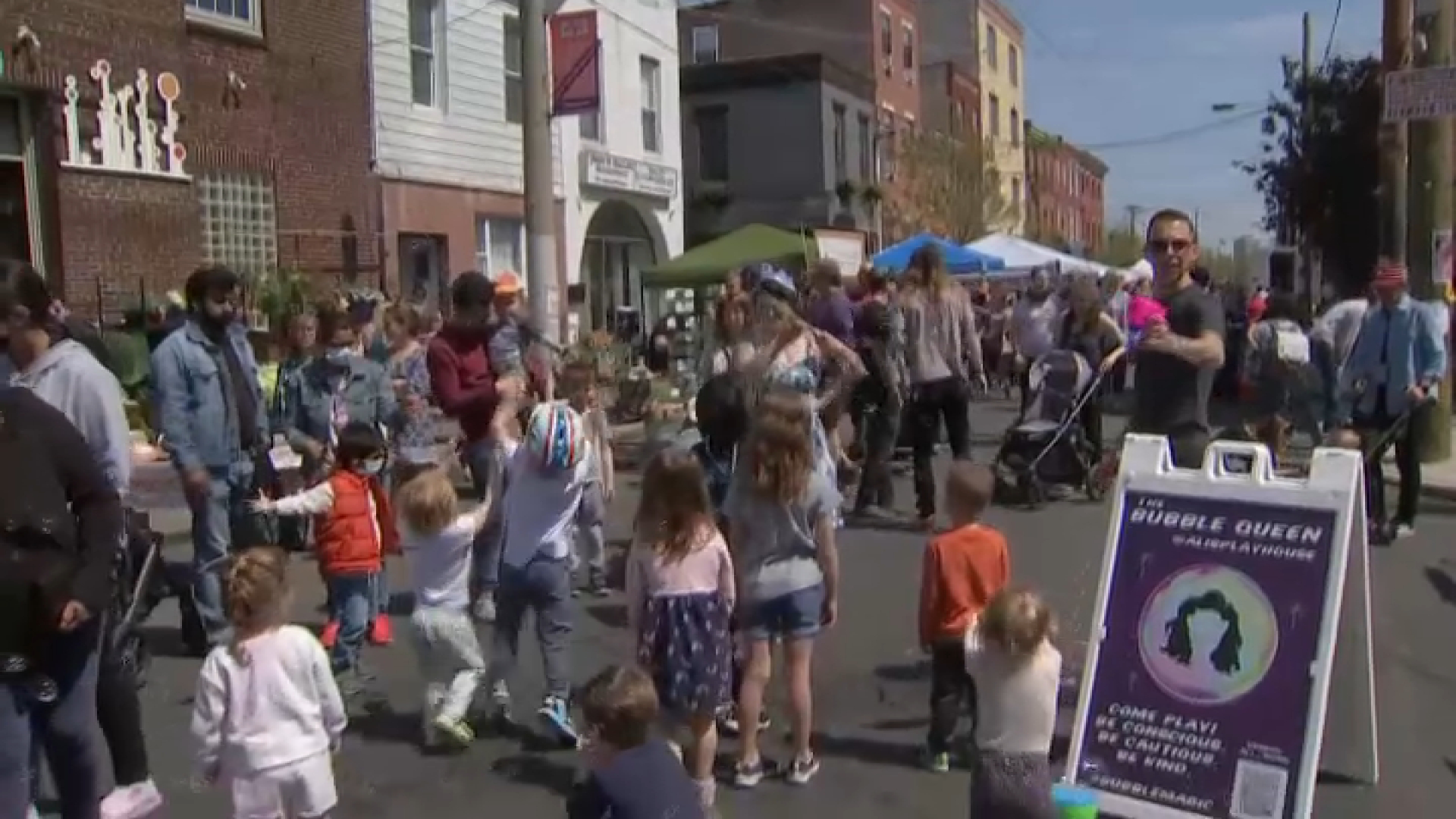Philadelphia's top prosecutor, who campaigned on a promise to never seek the death penalty, asked Pennsylvania's highest court to declare capital punishment unconstitutional despite a two-decade moratorium on executions.
On Monday, District Attorney Larry Krasner filed a brief with the Pennsylvania Supreme Court calling application of the death penalty unreliable and arbitrary because it has historically, and unevenly, targeted men of color.
More than 80 percent of Philadelphia death row inmates are black men and 91% are non-white minorities, the district attorney's office found after an internal review of 155 cases between 1978 and 2017.
Most of these defendants were represented by "under-compensated, inadequately-supported" court-appointed lawyers, the DAO found. As a result, 72% of all capital punishment convictions involving Philadelphia inmates were later overturned during post-conviction appeals.
"Our study concludes that the ultimate sentence is not being given to the worst of the worst," Krasner said. "It’s too often being given to the poorest of the poor and to black and brown people."
In short, "it obviously suggests a racial bias," he said.
Democratic Gov. Tom Wolf imposed a moratorium on the death penalty in 2015, but there hasn't been an execution in Pennsylvania for nearly two decades. Currently, 45 Philadelphians remain on death row.
Local
Breaking news and the stories that matter to your neighborhood.
The district attorney's brief was submitted in response to a petition filed by federal public defenders representing death-row inmate Jermont Cox, a Philadelphia man convicted of homicide in 1992. The defense attorneys also represent a Northumberland County man, Kevin Marinelli, who was sentenced to death for a 1994 killing.
Lawyers representing the two men asked Pennsylvania's highest court to end capital punishment altogether, arguing that it violates the state constitution’s ban on cruel punishment.
Krasner's office agreed.
“Because of the arbitrary manner in which it has been applied, the death penalty violates our state constitution’s prohibition against cruel punishments,” Krasner’s office wrote.
In response to Krasner's brief, the Pennsylvania District Attorney's Association filed a separate brief defending capital punishment in the commonwealth. The association argued that the death penalty meets constitutional standards "by appropriately channeling the discretion of prosecutors and sentencing authorities."
“The Pennsylvania District Attorneys Association filed this brief to urge sober application of long-established principles of statutory interpretation, constitutional analysis and to respect the role of the legislative branch of government in establishing law," the association said in a statement.
This new brief cited a 2018 study by the Pennsylvania Interbranch Commission for Gender, Racial and Ethnic Fairness, which found no racial bias "in proscutors' decisions or against defendants who receive death penalty sentences."
But that same study did find instances of jury bias. In more than one case, defendants who killed a white person were more likely to receive the death penalty that someone who killed a minority, according to the report.
That kind of unequal application of the law is what inspired Democratic state Rep. Chris Rabb, who represents West Mount Airy, to introduce bipartisan legislation to abolish the death penalty in Pennsylvania. Co-sponsored by Republican state Rep. Frank Ryan, lawmakers could take up the bill this fall.
Citing statistics that many capital cases are eventually overturned, the two lawmakers said in announcing their legislation: "One innocent life taken at the hands of the state is one too many."
Philadelphia resident Anthony Wright said he spent 25 years on death row for a rape and murder he did not commit. Wright was eventually exonerated, and now fights to end the death penalty for all people.
"I was a poor person of color," he said of his inadequate legal counsel.
"It's wrong," Wright added. "It’s not justice, yet it happened to me and countless others like me."
For others, the death penalty does not provide closure even when the punishment fits the crime.
Lorraine Haw said she supported capital punishment on the day her brother was murdered.
"I wanted his family to feel what we went through," she said. "I was filled with revenge."
Over time she realized, however, that the only way to find closure would be to see her brother again. Since that could never happen, she chose a different path.
"I didn't want to live a life of anger and hatred," she said. "I didn’t want that young man’s mother to hurt."
The state Supreme Court, which has a 5-2 Democratic majority, will hear oral argument in the matter in September.
The state's death row has been shrinking for years because of appeals court decisions, an increasing reluctance by some prosecutors to pursue capital cases and deaths among an aging inmate population.



